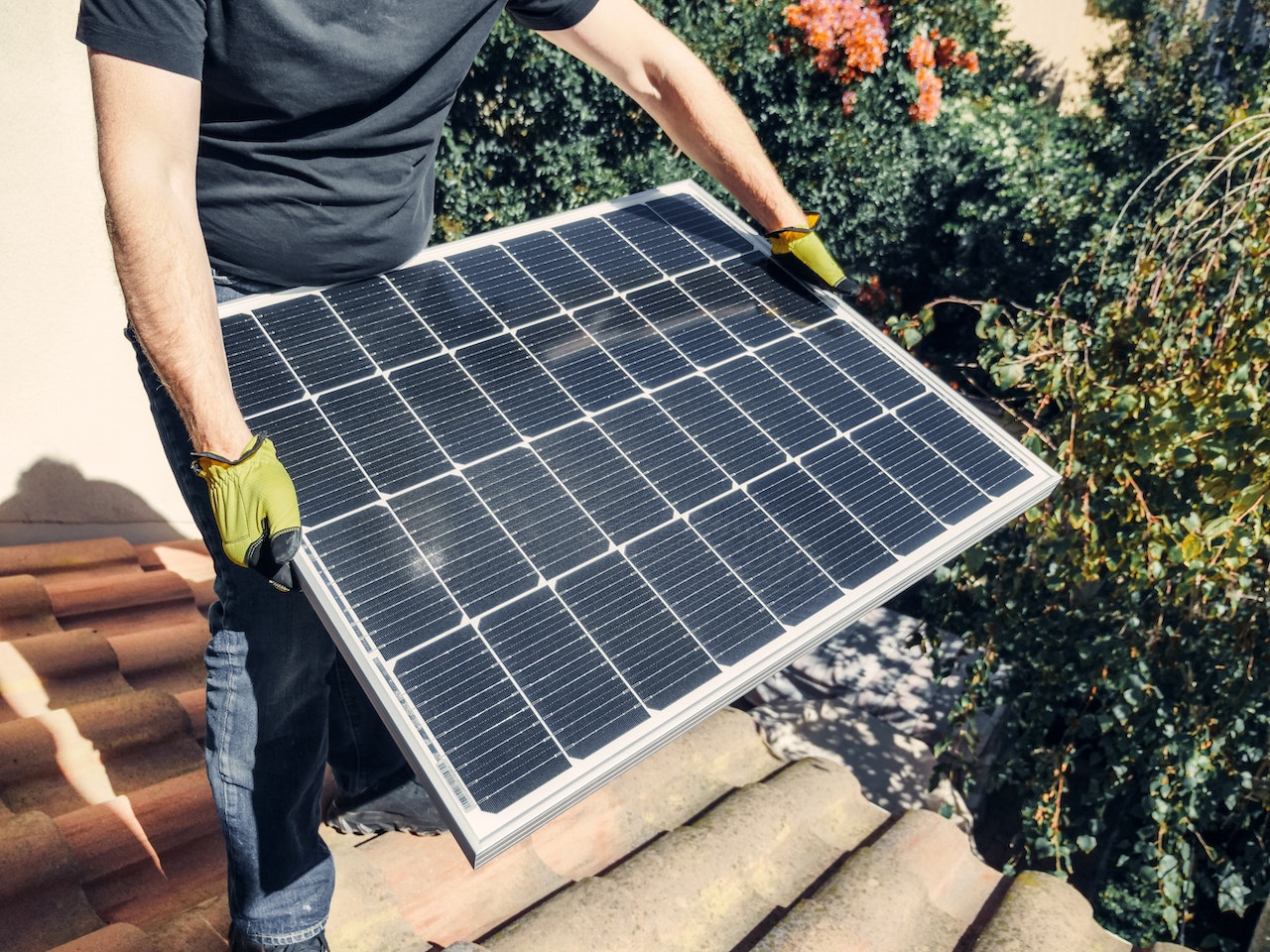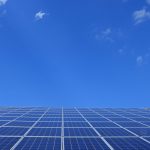Surety Bond Professionals is a family owned and operated bonding agency with over 30 years of experience. With access to a broad range of surety markets, our expert agents are ready to assist with all of your bonding needs. See more about purchase power agreements here.
What Is a Power Purchase Agreement?
Power purchase agreements are bilateral (2-party) contracts allowing customers to purchase energy and renewable energy certificates from a renewable energy supplier generating either solar or wind energy. A PPA allows a third party developer to install, own, and operate an energy system on property owned by a customer. The seller produces or generates power for sale. The buyer is the “offtaker” of that power.
There are a number of ways in which PPAs can be configured. Some deals involve the actual physical delivery of energy. Some do not. Virtual or remote PPAs don’t involve a physical delivery of energy to the buyer.
In more than half of the states in the country, PPA provides a way to finance energy projects in the absence of government subsidies. The renewable energy supplier can charge a fixed price, which yields a guaranteed ROI with minimum risk.
These contractual agreements typically are signed for a period of 10 to 20 years. The cost transparency provided by PPAs over such a long term gives energy buyers the ability to do some long-term planning.
What Are the Requirements for a PPA?
First and foremost, the project must be located in a state or jurisdiction that allows third party ownership of energy generation systems. Some states do not, or they restrict the sale of electric power to utility companies. It is not a requirement that the offtaker provide the physical space to install the system. The host and the offtaker are separate entities and may be operating in leased spaces. The developer actually owns the equipment for the entire length of the PPA. The developer finances the project, designs the energy system, and installs the equipment, or has it installed by another company, at little if any cost to the offtaker.
The offtaker purchases the electric power generated by the system at a rate lower than the utility company normally charges, which produces an immediate cost savings for the offtaker. Over the life of the contract, the PPA rate increases by an amount called the price escalator. This annual escalator compensates for the loss of operational efficiency, for ongoing operating and maintenance costs, and for the rising retail cost of electricity. The customer may have the option of extending the PPA beyond its original terms, or may even purchase the system from the developer. If the decision at the end of the contract term is to terminate the agreement, then the equipment is removed from the property.
What is the Role of the Local Utility Company?
The local utility company provides a connection from the energy system to the power grid. If the system does not produce enough electricity to meet the offtaker’s power demand, the utility company provides the necessary electricity. When the PPA system generates enough power, whatever the offtaker does not need is sold to the utility at the retail rate for electricity. Many states have adopted this practice, which is called net metering.
Tax Advantages of a PPA
Both federal and state governments provide tax credits and rebates to encourage renewable energy projects. The developer and its investors can use these tax credits and rebates to lower the cost of installing a new system. The renewable energy certificates (RECs) issued to system owners are tradeable and are considered nontangible energy commodities. A REC is issued for every one-megawatt hour of electricity generated by a renewable energy source and delivered to the grid. There are both mandatory and voluntary REC markets in which these certificates can be traded.
What Is an Offsite PPA?
As noted earlier, not all PPAs involve the customer accepting delivery of the power generated by a renewable energy project. In an offsite PPA, there is no physical delivery of the power the renewable energy system generates to the customer. Instead, that power is sold at the current retail price to the local grid. The customer and the project owner agree on a fixed rate price (the strike price) for the power generated. The customer continues to pay the local utility company for electricity, but some of the cost is offset by the funds received from the sale of the renewable energy generated by the system.
Is There a Bonding Requirement for a PPA?
Power Purchase Agreements typically have a security requirement tied to power production. Renewable energy surety bonds may be required. Often times, a performance bond may be provided in lieu of tying up collateral via cash or an ILOC.
Get A Quote
Our surety bond professionals will get you any renewable energy bond you need at a competitive rate.





